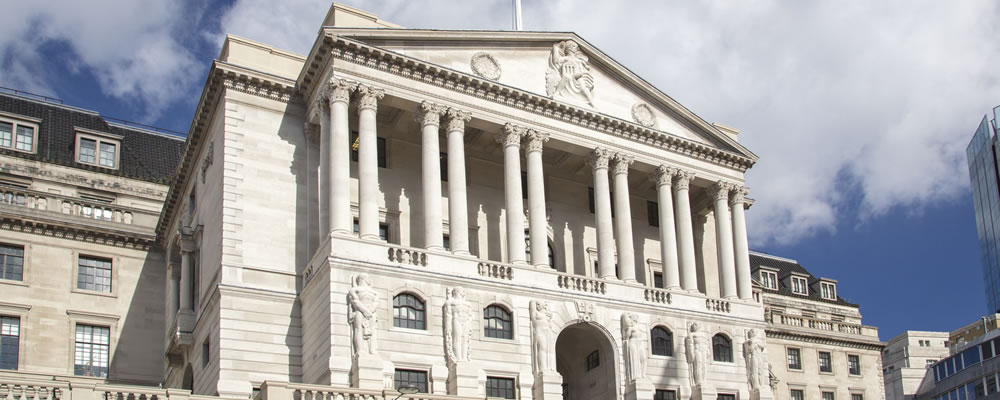Euro Pound (EUR/GBP) Exchange Rate Rises as GBP on Track for Sixth Week of Losses against EUR
At the start of last week, the Euro Pound (EUR/GBP) exchange rate rallied following the release of April’s UK GDP.
The UK economy contracted by -0.4% thanks to a slump in car production that weighed on Sterling.
Meanwhile on Tuesday, UK employment held steady at the current 44-year low which provided Sterling with an upswing of support.
UK unemployment remained at 3.8%, and the number of people in employment jumped to a record high.
However, job creation slowed as only 32,000 jobs were created in the quarter to April.
Meanwhile, on Thursday industrial production in the Eurozone slumped in April by -0.5% which likely put further pressure on the European Central Bank (ECB).
This caused the paring to slump, as this was the third consecutive slump and a four-month low.
Added to this, the Euro was put under further pressure as the European Union stepped up the pressure against Italy.
This came after further data revealed that Italy failed to meet budget targets.
However, the pairing began to rise on Thursday evening as it was revealed front-runner in the Conservative leadership contest, Boris Johnson edged closer to becoming the next Prime Minister.
This dampened sentiment in the Pound as it increases the risk of a no-deal Brexit despite Johnson’s claims that he is ‘not aiming for a no-deal outcome’.
In Thursday’s ballot, it was revealed that Johnson came first with a total of 114 votes, putting him significantly further ahead of his nearest rival, Jeremy Hunt who received 43 votes.
This left the Pound on track for its sixth week of losses against the single currency.
Will the Euro (EUR) Rise on Higher than Forecast German Economic Sentiment?
On Tuesday, the Euro (EUR) could edge up against Sterling (GBP) following the release of the Eurozone’s Consumer Price Index (CPI).
The single currency could be provided with an upswing of support if CPI rises higher than forecast in May.
Meanwhile, the pairing could rise higher following the German ZEW economic sentiment survey on Wednesday.
If sentiment in Germany rebounds after May’s slump, the Euro could rise.
However, at the end of the week the Euro could be under pressure following the release of the bloc’s flash PMI composite.
If growth in the manufacturing and services sectors slows more than forecast in June, it could cause the Euro Pound (EUR/GBP) exchange rate to slump.
Dovish BoE to Weigh on the Pound (GBP)
Looking ahead to Monday, Sterling (GBP) could slide against the Euro (EUR) following the release of the UK Inflation Report Hearings.
If the Bank of England (BoE) has an overly dovish outlook for inflation, it could dampen sentiment in the Pound.
Meanwhile, the UK Consumer Price Index (CPI) could cause Sterling to rise on Wednesday.
If inflation edges up higher than forecast in May, it could buoy the Pound.
Meanwhile the end of the week could leave Sterling under pressure following the release of the BoE’s interest rate decision and meeting minutes.
If the bank leaves rates unchanged, but the minutes reveal that policymakers believe a near-term interest rate cut is likely, the Euro Pound (EUR/GBP) exchange rate could rise.



